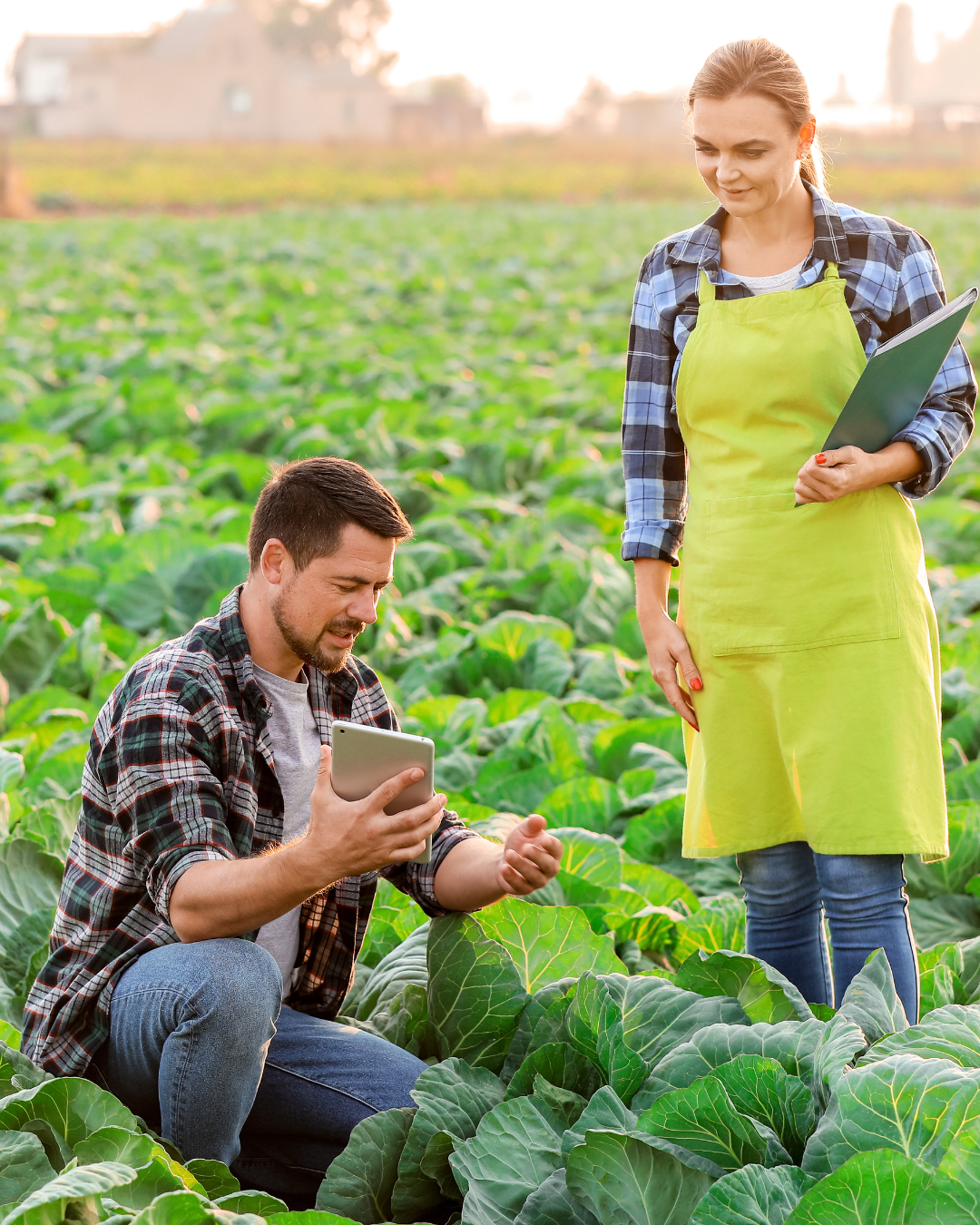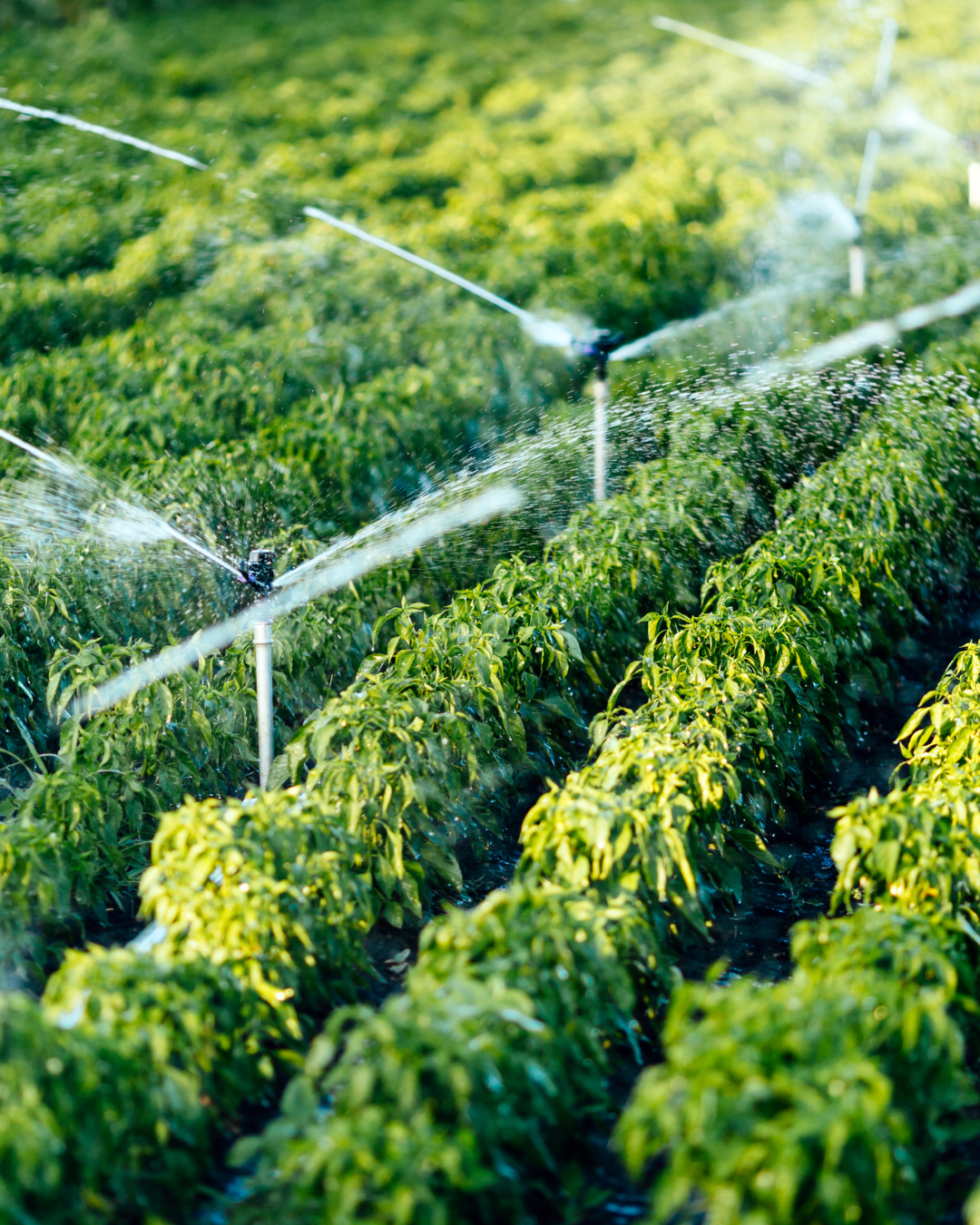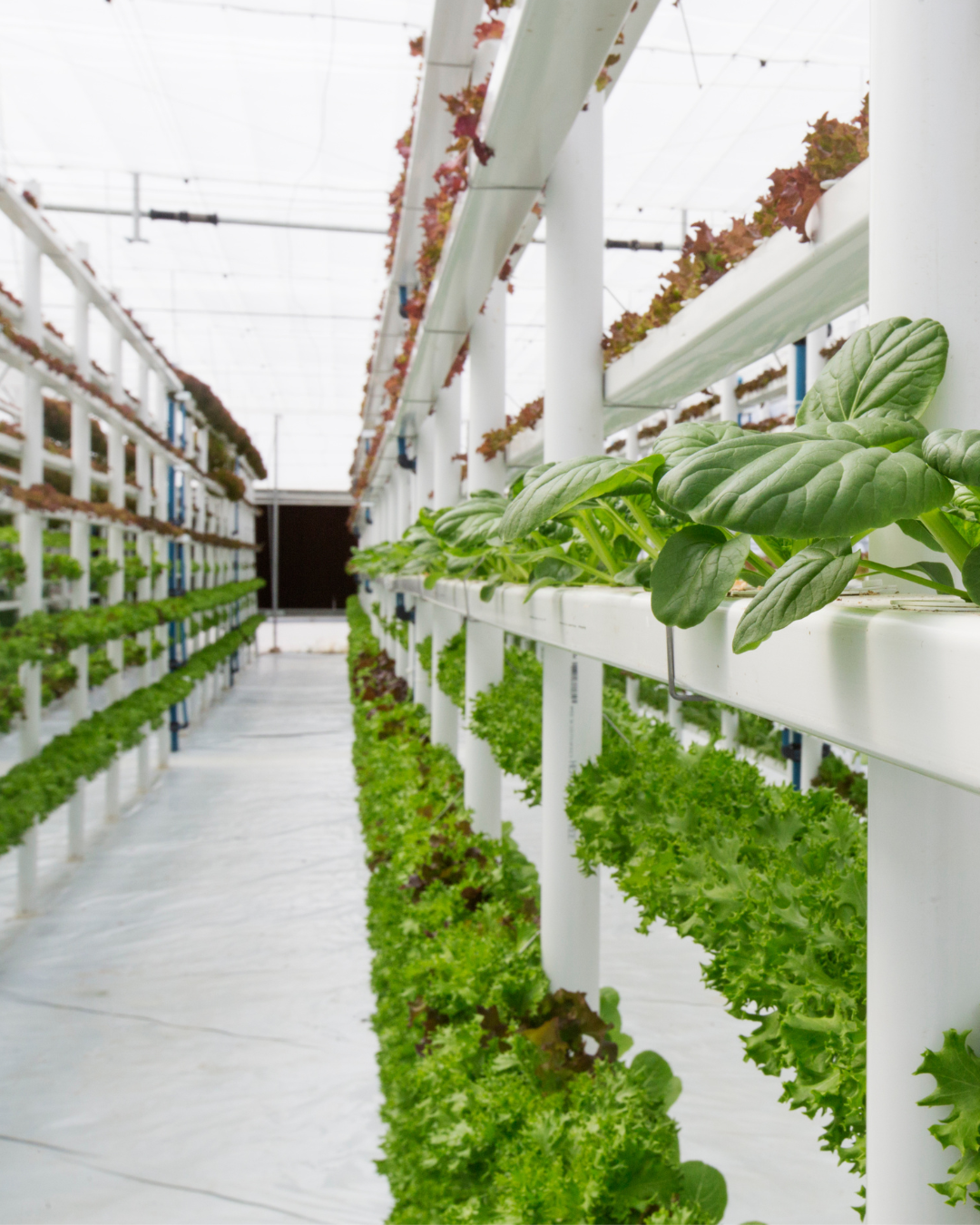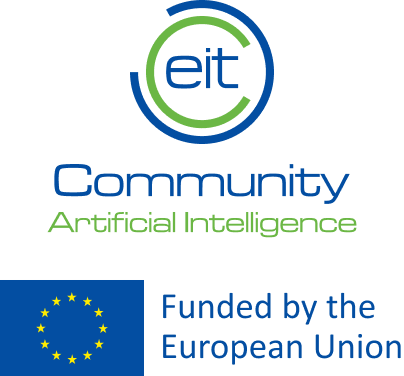
Smarter Information Access for Field Teams
Challenge: Our organisation holds a wealth of knowledge on regenerative agriculture - project updates, impact data, and strategic insights - but much of it remains buried in private or hard-to-navigate SharePoint folders. This makes it difficult for field teams and sales reps to access the clear, timely information they need to confidently engage farmers and promote sustainable practices. While a first step has been taken with a more structured SharePoint mock-up, it’s still too static and manual.
We’re now seeking a dynamic, secure, and easy-to-use tool that turns this content into a living resource delivering fast, relevant insights and interactive support to teams on the ground.
Ideally, this solution should:
- Connect to our internal documentation while safeguarding confidential and sensitive data
- Provide instant, reliable answers to field teams via a simple interface (e.g. chat, WhatsApp-style app, Teams integration)
- Use AI-powered capabilities (e.g. chatbot or smart assistant) to surface context-specific, trustworthy content
- Be easy to navigate, use, and share - no long document digging or complex interfaces.
Owned by Bayer
Tailoring Fertilization To The Land
Challenge: Create an AI-powered system that dynamically adjusts fertilizer application based on real-time data, optimizing costs while reducing environmental impact.
Today, most farmers apply fertilizers using general, one-size-fits-all formulas. This overlooks the natural variability in soil composition and crop needs across different areas of a field, leading to inefficient fertilizer use, unnecessary costs, and environmental harm. Some work has been done on variable fertilization, but without leveraging the full potential of artificial intelligence.
We’re seeking solutions that bring precision agriculture to the next level by:
- Analyzing soil maps (nutrient content, pH levels, texture)
- Integrating NDVI or multispectral imagery to monitor crop health
- Using AI-based predictive models to determine the optimal type and quantity of fertilizer for each zone in a field
Owned by Grupo AN
Transportation Resilience and Accessibility in Crisis
Challenge: Greece’s rugged geography and dispersed islands make its transportation networks especially vulnerable during crises - whether natural disasters, cyberattacks, or military conflicts. Disruptions to roads, ports, or communication systems can delay emergency response, hinder civilian evacuations, and impede defence logistics. Current systems lack the adaptability, autonomy, and situational awareness needed to respond rapidly in these high-stakes scenarios.
This challenge seeks AI-powered, dual-use transportation solutions that ensure mobility and logistics continuity in disrupted environments, leveraging geospatial intelligence, autonomous systems, and resilient communication infrastructure.
The solution should enable:
- Real-time infrastructure mapping and damage assessment using geospatial and remote sensing technologies
- Autonomous supply delivery via drones or unmanned ground vehicles (UGVs)
- Temporary or modular transport systems (e.g. floating docks, portable bridges)
- AI-based transport coordination and rerouting for both civilian and defence needs
- Resilient communication systems (e.g. satellite, mesh, or hybrid RF-optical) that function in contested or offline zones
- Secure, adaptive data systems, resistant to cyber threats and capable of predictive maintenance
Please note:
- All European companies are eligible, as long as they either have a Greek VAT or commit to establishing operations in Greece by creating a VAT.
- Applicants must submit their application in either Greek or English
- The AI-component is part of a larger challenge - see the pitch deck for all details. Other parties might get involved in working on tailored solutions.
- After successful PoC, there is a high chance of further collaboration
Owned by Hellenic Center for Defence Innovation (HCDI)
AI-Powered Training for Modular Farming Systems
Challenge: Operating modular agrifood systems that combine aquaponics, fungi cultivation, dwarf trees, and circular waste loops requires multidisciplinary knowledge. Yet traditional training tools fall short - static, English-only modules lack real-time feedback, adaptive content, and regional relevance, making it difficult to engage learners across diverse geographies and education levels.
This challenge seeks an AI-powered training platform that can deliver high-quality, localized learning experiences tailored to different languages, qualifications, and socio-technical contexts.
The platform should provide:
- Interactive, hands-on learning with quizzes and simulations auto-generated from training content
- Real-time feedback and guidance during modules
- Adaptive learning paths based on user background and performance
- Collaborative learning features (e.g. peer discussion, instructor input)
- A progress dashboard for trainers to track learners and cohorts
- A localization engine to translate and adapt content (e.g. Portuguese, Greek, Maltese) with contextual examples
Owned by Take Root Bio*

AI-Enhanced Community Digital Twin for Urban Biospheres
Challenge: Deploying modular biosphere farms into derelict urban spaces offers social, health, and environmental benefits, but these impacts are difficult to predict and design for without the right tools. Existing digital twins simulate environmental or infrastructural changes, but none combine social cohesion, mental wellbeing, dietary shifts, and health pathways with urban agrifood infrastructure.
This challenge seeks to develop an AI-enhanced Community Digital Twin that simulates and forecasts the real-world impact of urban biosphere deployments, helping guide planning and co-creation with residents.
The platform should:
- Simulate resident interactions and wellbeing metrics using GIS and agent-based models
- Integrate local health, diet, and nutrition data
- Enable real-time “what-if” scenario testing (crop choices, event types, engagement intensity, etc.)
- Support interactive visualizations for use in co-creation workshops
- Feature a dashboard with: Geo-referenced simulations, indicators for cohesion, wellbeing, and dietary change, health pathway modelling tools and exportable scenarios for planners and funders
The goal is to build an evidence-based, socially informed decision-support tool that ensures ethical and impactful deployment of urban biospheres, scalable across Europe and future space-analog sites.
Owned by Take Root Bio*
AI for Carbon-Smart Autonomous Agrifood Systems
Challenge: Take Root Bio is pioneering modular, closed-loop agrifood ecosystems that integrate aquaponics, fungi, dwarf trees, and precision agriculture, designed for both urban and extraterrestrial environments. These systems produce complex, fluctuating emissions that require high-resolution, real-time tracking. Our current GHG dashboard is static and manual and therefore unable to distinguish local vs. atmospheric trends or adapt to dynamic crop cycles.
We’re looking for an AI solution that integrates real-time sensor data with Earth observation inputs to:
- Track air composition (e.g. CO₂, CH₄)
- Distinguish local emissions from broader atmospheric changes
- Predict carbon fluxes with ≥85% confidence
- Optimise growing conditions for diverse species
- Generate compliant, real-time GHG reports
The system must be modular (API or edge-based), secure, and capable of supporting climate finance and MRV integration.
Owned by Take Root Bio*
*Take Root Bio will select the best application among all three challenges and proceed with that one challenge.
Do you have an AI-driven solution for any of these challenges?
Hand in your solution ideas via the questionnaire and get a chance to participate in the AI Challenge 2025
Copyright © 2025 EIT AI Community





